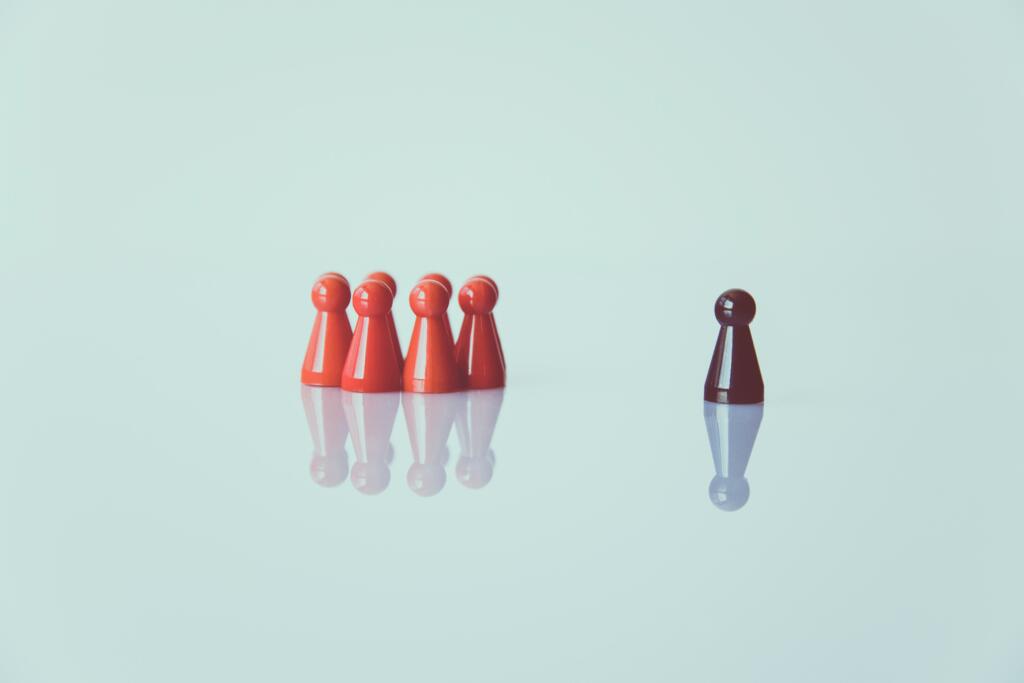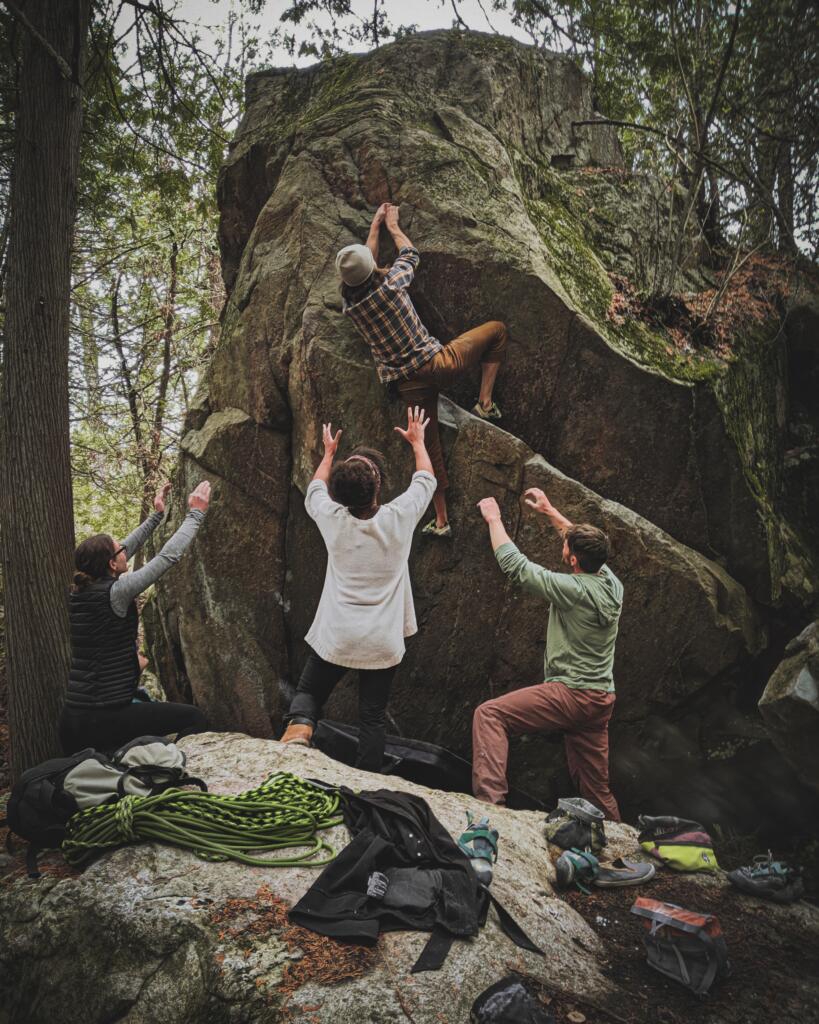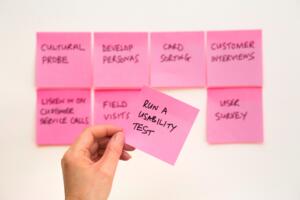
Peer pressure or influence is a common occurrence in university life. Naturally, those around you influence your life in one way or the other. You were not born with your own character or lifestyle. The society or community around you contributes to who you are. The question many ask is, how influential are those people in your life? It could be positive or negative. The university community is full of people from different walks of life. And learning one thing or the other from your peers is part of the process. As such, peer pressure or influence is part of every student’s journey. Many students often find themselves in situations where they are pressured to conform to the expectations of their peers. It can be in terms of social behavior, academic performance, or lifestyle choices. Whereas peer influence can be positive, it can also have negative consequences.
This article provides tips and strategies on how to deal with negative peer pressure or influence in the university.
Understand the Nature of Peer Pressure or Influence
Peer pressure or influence is a phenomenon that occurs when the opinions, behaviors, or attitudes of your peers influence you. As mentioned earlier, it can be positive or negative. Positive peer influence can help you improve your academic performance, develop social skills, and build self-confidence. Negative peer influence, on the other hand, can lead to unhealthy behaviors i.e. drug use, drinking, or reckless behavior.
If you understand the nature of the influence, you’ll make informed decisions and avoid negative consequences.
Here are a few tips to help you out:
Set Clear Boundaries

One of the most effective ways to deal with peer pressure or influence is to set clear boundaries. This involves establishing your own values, beliefs, and goals. Let your friends know these principles about you. For example, if you do not drink alcohol or use drugs, make your stand clear to your peers. Similarly, if you are busy with academic work, don’t give in when they convince you to engage in frivolous stuff.
Setting clear boundaries can help you focus. If you focus, you can easily achieve your goals. And some cases you need to be odd to be able to achieve these goals.
Surround Yourself With Like-Minded Peers
Another effective strategy for dealing with peer pressure or influence is to find like-minded peers. Just look for friends who share your values, beliefs, and goals. Only like-minded peers can create a supportive environment you need to excel. Get people who will support you.
Be Assertive
Assertiveness is an important skill for dealing with peer pressure or influence. It involves expressing your opinions and standing up for your beliefs in a respectful and confident manner. When you face peer pressure, assertiveness can help you say no. It also helps you maintain your boundaries without damaging your relationships with your peers.
How do you become assertive? Well, it involves being clear and direct in your communication. Use “I” statements instead of “you” statements. Stay calm and composed in the face of pressure. For example, instead of saying “You’re pressuring me to drink alcohol,” you could say “I don’t feel comfortable drinking alcohol, so I’m going to pass.” By using “I” statements, you are taking ownership of your feelings and decisions. Invariably, this makes it easier for your peers to understand and respect your boundaries.
Recommended articles:
10 Things That Can Make Your College Life Less Stressful
7 Effective Ways To Deal With Social Media Pressure as a Student
Say No To Exam Anxiety: Detailed Guide
Essay Writing Tips for Students
Know What You Want
Many students only follow the crowd. Such students are not able to spearhead their own agenda. Basically, they live the life of others. On the contrary, if you know what you want, you have a purpose. As such, your peers cannot destruct your plans.
Check what peer pressure can do to the brains here
Be Mindful of Social Media
The era in which we are is dicey on so many grounds. Social media somehow shapes us in a certain way. It is a powerful tool for connecting with others, but it can also be a source of negative peer influence. People often fill social media platforms with unrealistic images, lifestyles, and messages. These make many people feel inadequate or pressured to conform to certain standards.
It is important to be mindful of social media use and to recognize when it is having a negative impact on your well-being. This may involve limiting your social media use, unfollowing accounts that make you feel bad about yourself, or using social media in a positive and constructive way.
Take Care of Your Physical and Mental Health
It is an area many people pay less attention to. Taking care of your physical and mental health is important in dealing with peer pressure or influence. When you are physically and mentally healthy, you are better equipped to handle stress, make good decisions, and resist negative peer influence.
The university is a community of diverse cultures and personalities. Remember to be yourself and always seek to be a better version of yourself. Nothing comes easy, so don’t be misled to chase an easier route that can jeopardise your future.
Please leave your comments below.












